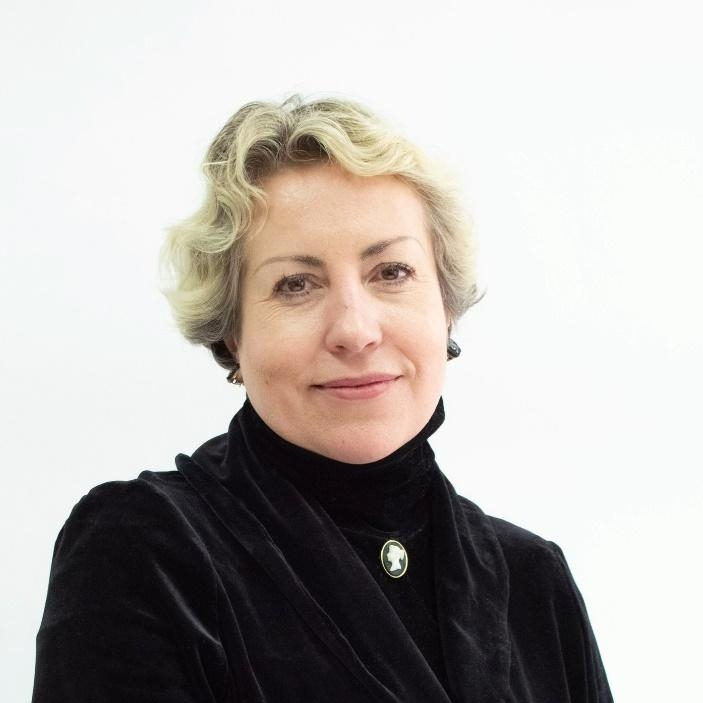
An art historian and a cultural heritage expert. Co-founder and Head of the Ukrainian Museum Association. At present works as an expert of the subgroup on safeguarding cultural heritage of Ukraine at the European Commission, is a national representative at the Europeana Members Council, and a national correspondent of the EMYA awards (European Museum Forum). Volunteered for the Museum Crisis Center (March 2022 - January 2023). An expert on cultural heritage of the Ukrainian Cultural Foundation since 2020. Guest lecturer at the Kyiv-Mohyla School of Government named after Andriy Meleshkevych on "Preservation of cultural heritage". Master’s degree in Journalism and in Art history. Authored over 40 scholarly articles and three white papers for Ukrainian ministries.
The empirical data was collected by the author while volunteering for the Museum crisis center as a dispatcher and monitoring expert for the museums on temporary occupied territories and at the forefront (March 2022 – January 2023), and complimented with the information, continuously accumulated by the Ukrainian Museum Association. Within 2022 – 2025 the roles of Ukrainian museums shifted, especially the ones performed by the regional local lore museums. With the vast number of internally displaced people, as well as war veterans, the museums became platforms for discussions and (re)integration of these categories into the society and/or their news homes. Since the first days of the full-scale invasion museums all across Ukraine transferred themselves into humanitarian hubs: those in less threatened regions self-organized to host refugees and help evacuate their most threatened colleagues and museum collections, while museums close to the forefront or those under siege provided humanitarian aid and shelter to the local communities and refugees. That established a special level of trust between the museum personnel and the communities, which included internally displaced people that required assistance in adapting to their new surrounding and social status. At present the biggest challenges are both emergency and strategic ones: evacuating the museum personnel and collections according to the continuously changing frontline, amplifying the social and cultural (re)integration role of the evacuated Ukrainian museums and those in Central and Western Ukraine, relaunching the work of the relocated museums, whose collections were looted or remain on the occupied territories, and preserving the human resources in the field.